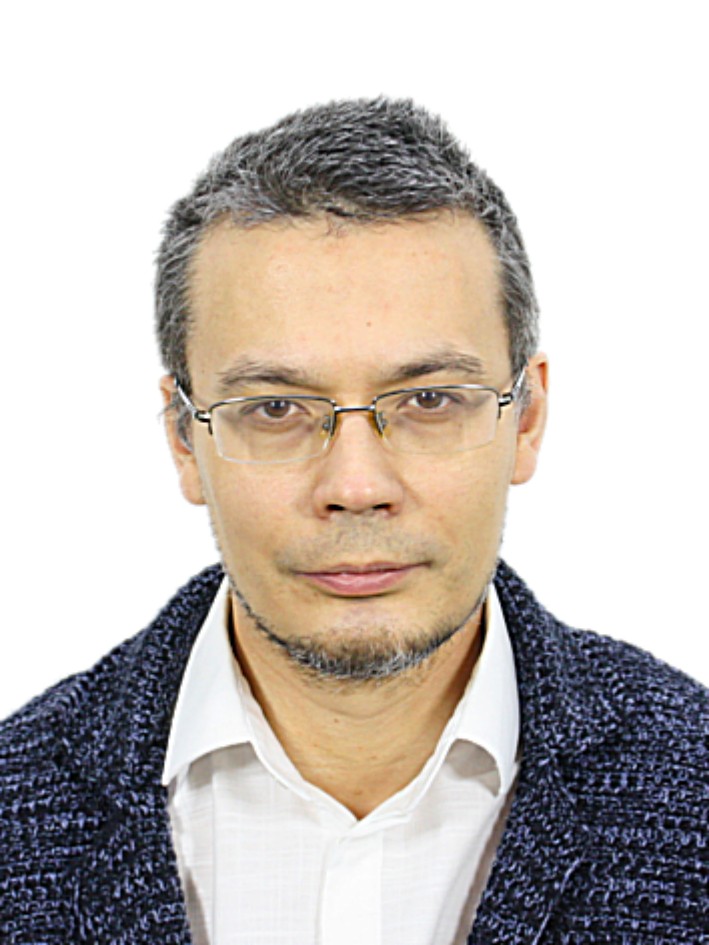The purpose of the article is to discover the most urgent problems of the modern philosophical discourse and ways of their solution in the essay “Reflexões sobre a Vaidade dos Homens, ou Discursos Moraes sobre os effeitos da Vaidade, offerecidos a El Rey nosso Senhor D. Joseph o I. por Mathias Aires Ramos da Silva de Eça”. Mathias Aires was an outstanding Portuguese philosopher of the 18th century. His work “Reflexões sobre a Vaidade” is considered to be one of the earliest secular philosophical works written in Portuguese and one of the most significant works in the history of the formation of Portuguese national philosophy. His philosophical critiсism of the mythology of the sacred authority, simultaneous with his apology of the mythology of the sacred king, is the Portuguese philosopher’s ironic method used to maintain ideas of enlightened absolutism. The deconstruction of the ontological foundations of ethics, carried out by the Portuguese thinker, and the resulting ethical antinormativism and irony connect Mathias Aires’s ethics with the axiological relativism of postmodernism. The article will be useful not only for researchers in the European history of freethinking in the Enlightenment, but also for everyone interested in understanding the mechanisms of sacralization of state power in modern times.
Keywords: enlightened absolutism; ethics; irony; Matias Aires; sacralization of power; vanity
DOI: 10.22250/2072-8662.2020.1.94-100
About the author
 |
Denis L. Leonidov – PhD (Philosophy), Associate Professor at the Department of Philosophy and Religious Studies, School of Arts and Humanities, Far Eastern Federal University; 8 Sukhanova str., Vladivostok, Russia, 690091; This email address is being protected from spambots. You need JavaScript enabled to view it. |






